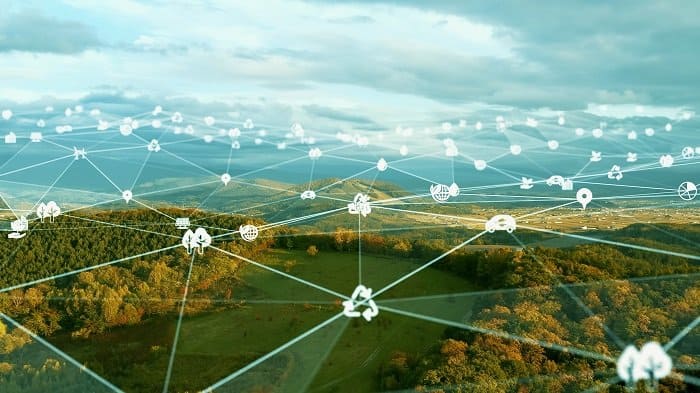Grundfos has partnered with BEC, Circularise, Minviro, and the global Rare Earth Industry Association (REIA) to lead a three-year EIT RawMaterials funded innovation project to build a blockchain based Circular System for Assessing Rare Earth Sustainability (CSyARES).
This will help companies improve transparency and sustainability of their supply chains when it comes to critical and rare earth materials.
Demand for rare earth metals is skyrocketing and by 2030 it is projected to reach 315,000 tonnes. These rare-earth metals are irreplaceable in wind turbines, electric vehicles, mobile phones, computers and the defence industry. Rising demand combined with resource shortages and supply chain disruptions means we need to rely on sustainably mined and processed metals.
The transition to a circular economy is considered crucial and governments around the world incentivise companies to uptake e-waste recycling and other sustainable practices with new regulation. As highlighted by the European Raw Material Alliance (ERMA) Action Plan, boosting supply security through better cooperation among stakeholders is a top priority. For rare earth metals suppliers, this means not only becoming more sustainable but also proving their compliance and quality criteria to customers and regulators.
Developing an innovative CSyARES is key in achieving these goals. In this project, the partnering organizations, including Grundfos aim to:
- Integrate REIA’s standards on assessing sustainable performance and Minviro’s LCA tool with Circularise’s blockchain software for supply chain traceability and transparency.
- Allow Grundfos and BEC GmbH to test the system and business model and trace and measure the environmental impact of their supply chains. This will be conducted in cooperation with members of REIA.
This project will contribute to the circular economy transformation in the rare earth elements, electric and electronic equipment, automotive, and all other sectors that depend on rare earths. It will create new business opportunities for manufacturers and recyclers and allow downstream players to ensure sustainable practices throughout their supply chains.
Commenting on this announcement, Badrinath Veluri, Chief Specialist – Materials & Process, Grundfos and President of REIA, said “This partnership is based on our common interest to bring transparency and sustainability to the use of these critical and rare earth materials. Through this project, we are aiming to build a tool that the parties within the rare earth value chain can use with an integrated approach and incorporate the due diligence aspects, which ultimately will allow us to increase the secondary resource efficiency and achieve a circular economy.”



